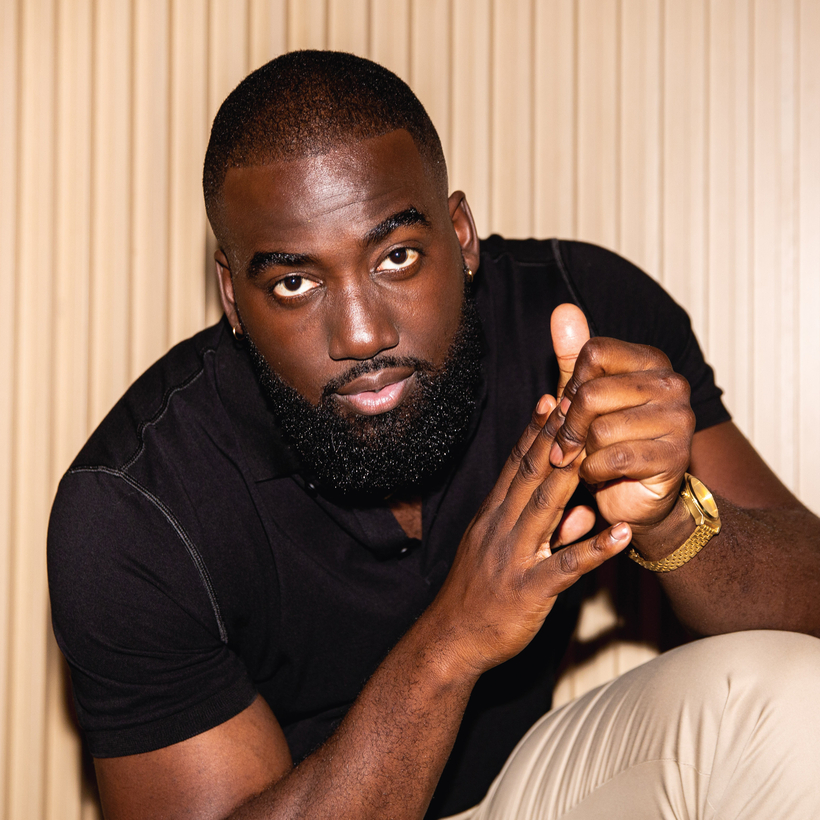Shamier Anderson, 30, doesn’t wait for good things to come to him. Eight years ago, he was living in his hometown of Toronto and felt the city didn’t “have the appropriate infrastructure to really house, breed, and build talent,” says Anderson. “So I made the leap, like every other aspiring actor, to go to Los Angeles.”
Anderson auditioned for everything he could find and worked odd jobs in between. But unlike the majority of people in search of their big break—a stark headline in The Guardian cautioned that “only 2% of actors make a living”—Anderson got noticed.


